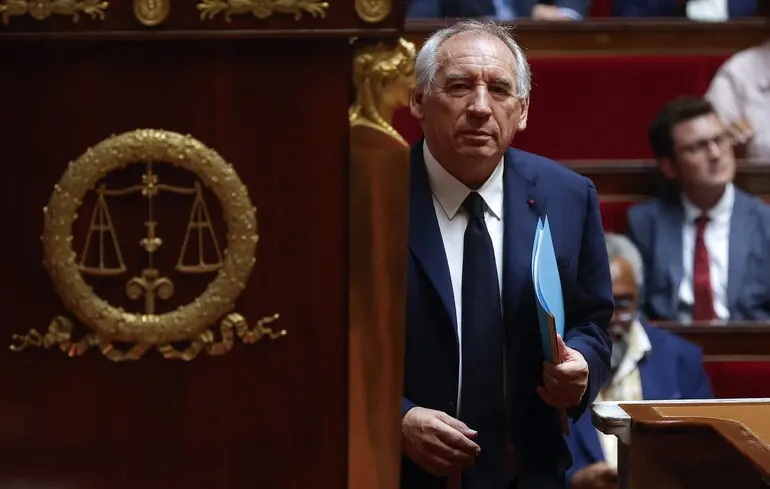Political Collapse in France: What Lies Ahead for the Nation After Government Resignation

France has unexpectedly plunged into a severe political crisis that could have profound implications for its internal stability and international standing.
On September 8, the National Assembly secretly voted to censure Prime Minister François Bayrou, leading to his automatic resignation.
This move shocked political circles, as Bayrou had been the fifth Prime Minister in less than two years, attempting to push through a highly unpopular economic austerity plan that entailed cutting €44 billion in public spending by abolishing two national holidays and freezing government expenditures.
The vote against him was supported by 364 deputies, with only 194 in favor, far exceeding the 280 votes needed to oust him.
These events pose a significant challenge for President Emmanuel Macron, especially amid growing economic pressures such as soaring national debt, rising yields on French bonds surpassing those of Spain, Portugal, and Greece, and potential downgrades to France’s credit rating.
Financial markets are closely monitoring the situation, fearing that ongoing political instability could weaken France’s ability to manage its record-level budget deficit projected at 5.4% of GDP this year and a national debt exceeding €3.3 trillion.
Experts warn that this crisis could intensify France’s financial vulnerabilities, potentially echoing the debt crises of the Eurozone years ago.
Bayrou’s resignation marks the second consecutive time a Prime Minister has stepped down after a vote of no confidence, following Michel Barnier’s departure in December 2024.
The internal discord coincides with rising opposition movements, protests, and political tensions.
The government is already considering candidates for the vacancy, including Defence Minister Sébastien Lecornu and Justice Minister Gérald Darmanin, although opposition parties pledge to block any attempts to appoint centrist successors.
The crisis is partly rooted in President Macron’s controversial decision last year to call early parliamentary elections, which left France with a fractured parliament and hindered stable governance.
Beyond political turmoil, societal unrest is emerging, with far-left groups organizing nationwide protests on September 11 and labor unions preparing mass demonstrations on September 18.
This internal instability occurs against the backdrop of ongoing conflicts in Ukraine and the Middle East, further adding to Europe’s uncertain geopolitical landscape.
Analysts suggest that turmoil in France benefits global powers like Vladimir Putin and Donald Trump, who are eager to exploit Europe’s vulnerabilities to strengthen their geopolitical influence.

